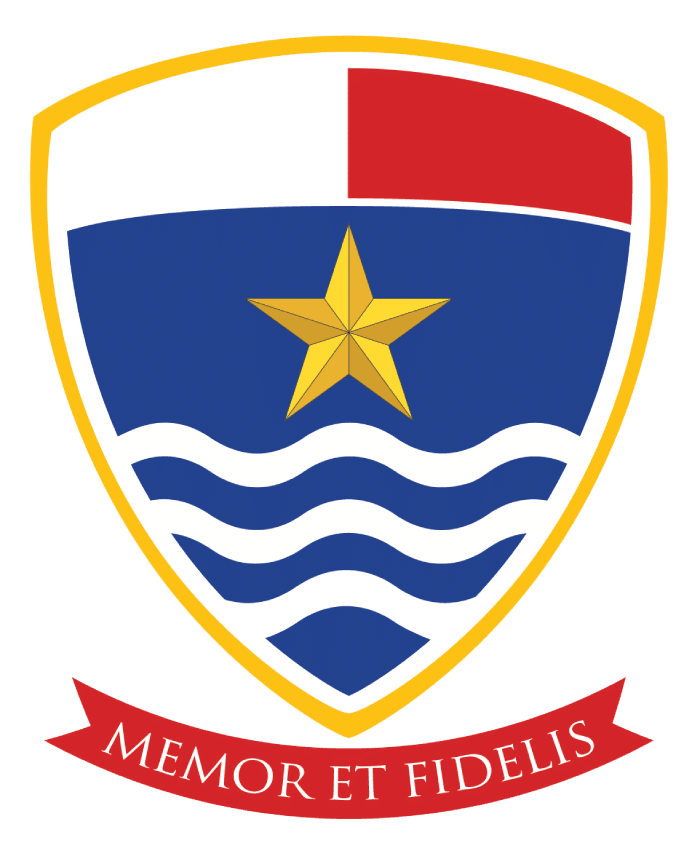
ARISS Contact at Stella Maris
Senior & Junior School
Stella Maris makes contact with Joshua Cassada.
On Wednesday the 15th of February, Stella Maris pioneered one of the first radio contacts with the International Space Station to have taken place in Malta. The contact happened in front of a hall packed with students, teachers, parents, members of the local press and professionals in the field of radio contact and astronomy. Br. David, who had started working on this unique event more than 2 years ago, was also present and stole the show as his eyes lit up upon walking into the school hall. His dream had come true. The hall had been decorated for the occasion and several works related to space from all four schools (Stella Maris College, St Francis School, De La Salle College & Sacred Heart College) involved in this project lined the entrance.
The event was technically supported by members of the Malta Amateur Radio League who worked incessantly (in spite of the previous cancelled attempt in December) to make the contact possible. The anxiety before the actual contact was palpable as Emmanuel Grech repeatedly called the astronaut’s call sign amid the radio static and initial interference. Some few seconds into the contact zone, Josh Cassada, (https://www.nasa.gov/astronauts/biographies/josh-a-cassada/biography) the American astronaut on board the ISS made his voice heard. This generated a moment of awe, comparable, even in this modern age, to the instant of contact often witnessed in films when everyone is dreading that there is no one to reply back. With bated breath, attendees listen to Cassada’s first words and replies.
Throughout the contact, a number of students from Stella Maris asked questions to Mr Cassada. These questions were prepared by four schools, Stella Maris College, St Francis School, De La Salle College and Sacred Heart College, all of them present in the hall. A list of all questions with the names of students asking them are the following:
- What do astronauts normally eat or drink on the space station?
- How do you sleep in space? Is it comfortable?
- What do you do in your free time?
- How long is the training to actually go in space?
- Why do astronauts wear space suits?
- Is there a maximum time limit for staying in space?
- How do you stay healthy (physically and mentally) in space?
- When you are going up in space, crossing the ozone layer does it hurt?
- What side effects do you get when returning from space?
- Can kids go to space?
- Did you discover something new from another galaxy?
- What does space food taste like?
- How does it feel like living in low gravity?
- What inspired you to work in space and the International Space Station?
- What are your emotions during lift-off?
- Do astronauts need to go to the hospital or get checked out when they return to earth?
- What do you miss most from Earth when you are in space?
- How is one chosen to go on the ISS? What inspired you to become an astronaut?
- What does the training to go to space consist of?
- Why is there no gravity in space? How does it feel?
The length of contact time allowed 13 students to ask their questions before it was over. Contact time is determined by several factors such as time of year (and hence the orbit of ISS), time of day and time before actual contact is made. Josh Cassada’s replies were clear and at times brought a smile to the audience's faces.
The students involved in asking the questions were Daniel Grech, Giuuliano Pace Tomren, Matteo Rapa, Mikiel Xereb, Benjamin Aquilina, Nicholas Azzopardi, Alessandro Borg, Zack Xassar Conti, Max Paul Vella, Liam Brincat, Jack Pirotta, Samuel Vella, Antonio Esposito, Jan Stroud, Ethan Bonanno, Luca Borg, Thomas Falzon Scerri, Etienne Sciberras, Aleksander Briffa Desjardins and Zachary Lee Grech.
Everyone left the hall at 14:00 with the feeling of having witnessed something unique and an opportunity that they were unlikely to witness again soon. While this was the first event related to space the College was engaged with, it will not be the last. In line with a legacy given to us by Br David, opportunities to further the love for space will be sought.
A recording of the event can be found here.















